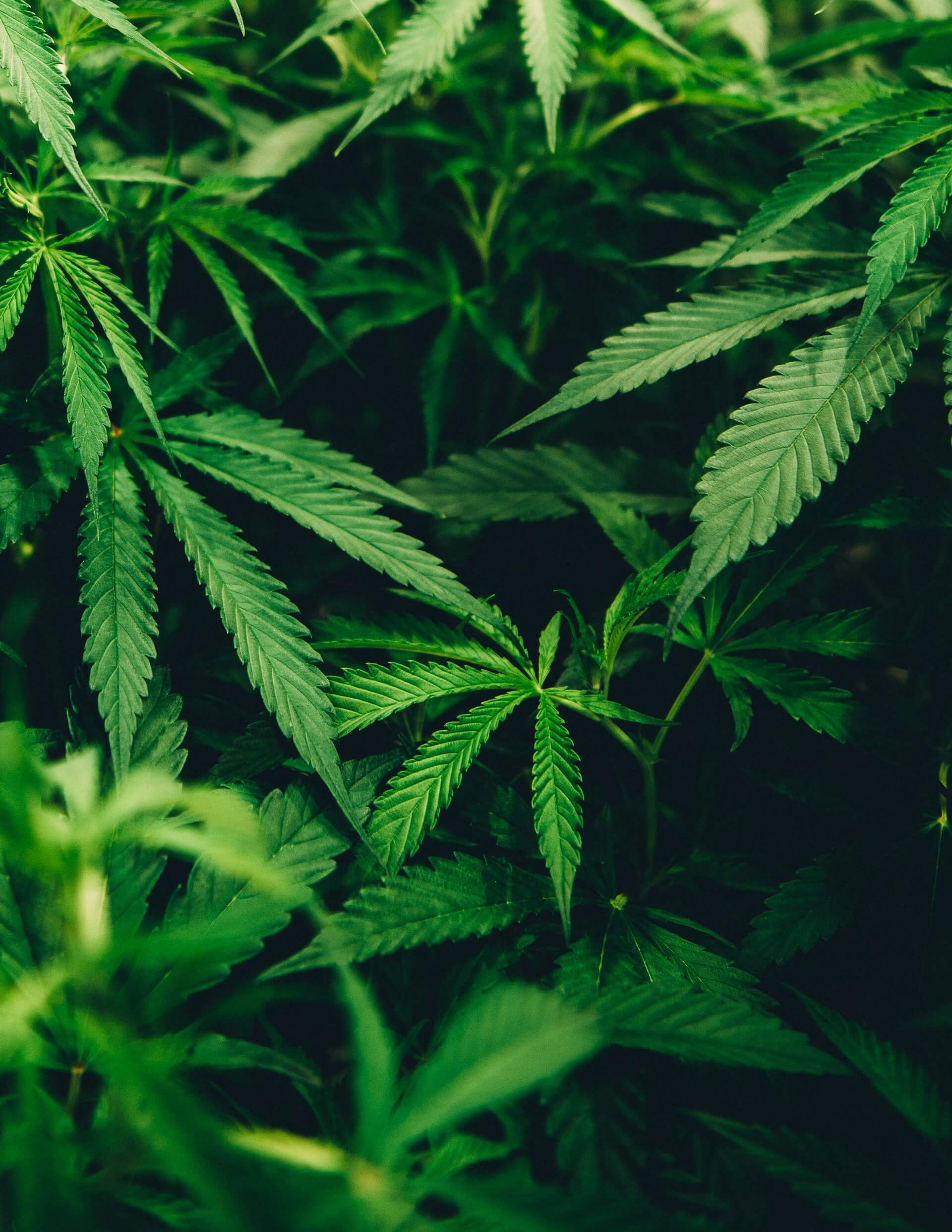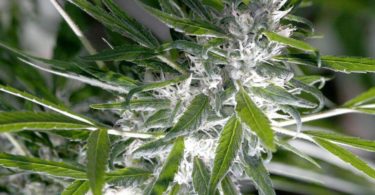
Cannabis plants contain over 100 different chemical compounds known as cannabinoids. The two most well-known and studied cannabinoids are tetrahydrocannabinol (THC) and cannabidiol (CBD). Both THC and CBD interact with the body’s endocannabinoid system (ECS), which is responsible for maintaining homeostasis.
THC is the cannabinoid that is responsible for the psychoactive effects of cannabis. When THC interacts with the ECS, it binds to cannabinoid receptors which are located in the brain and central nervous system. This binding alters neurotransmitter release, which results in the “high” associated with cannabis use. CBD, on the other hand, does not bind to cannabinoid receptors. Instead, it inhibits the enzyme that breaks down endocannabinoids, which prolongs their effects.
Types of thc delta available in market
There are many types of THC Delta available on the market. Some of the most common include:
- -THC Delta 8: This is the most potent form of THC Delta, and is typically found in concentrate form. It can provide a very powerful high, and is often used for medical purposes.
- -THC Delta 9: This is another potent form of THC Delta, but is typically found in flower form. It can also provide a strong high, but is not as strong as Delta 8.
- -THC Delta 10: This is the weakest form of THC Delta, and is typically only found in trace amounts in cannabis products. It can provide a mild high, but is not as potent as the other two forms.
CBD is good for health
CBD is good for health. This is because CBD has many potential therapeutic benefits. These benefits include reducing anxiety, relieving pain, and improving sleep. Additionally, CBD has been shown to be effective in treating various medical conditions such as epilepsy and cancer. Therefore, it is not surprising that CBD is becoming increasingly popular as a natural treatment option.
Can we use CBD, cannabis for medical purpose in united states
In the United States, federal law prohibits the use of cannabis for any purpose. However, individual states have passed laws that allow for the use of medical cannabis. So far, 33 states and the District of Columbia have legalized the use of medical cannabis.
The debate over the legalization of medical cannabis has been a long and contentious one. Supporters of medical cannabis argue that it can be used to treat a wide variety of conditions, including cancer, chronic pain, and anxiety. They also argue that it is a safer alternative to traditional prescription medications.
Opponents of medical cannabis argue that it has not been proven to be safe or effective. They also worry that its legalization would lead to increased recreational use.
So far, the research on medical cannabis has been mixed. Some studies suggest that it may be helpful for certain conditions, while other studies have found no benefits.






